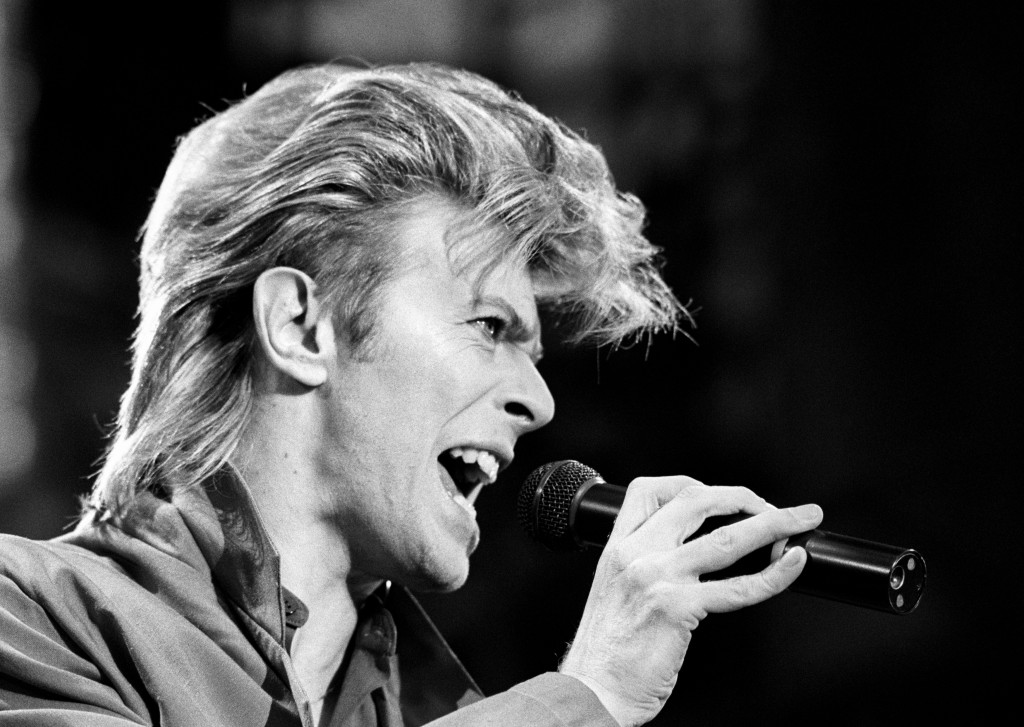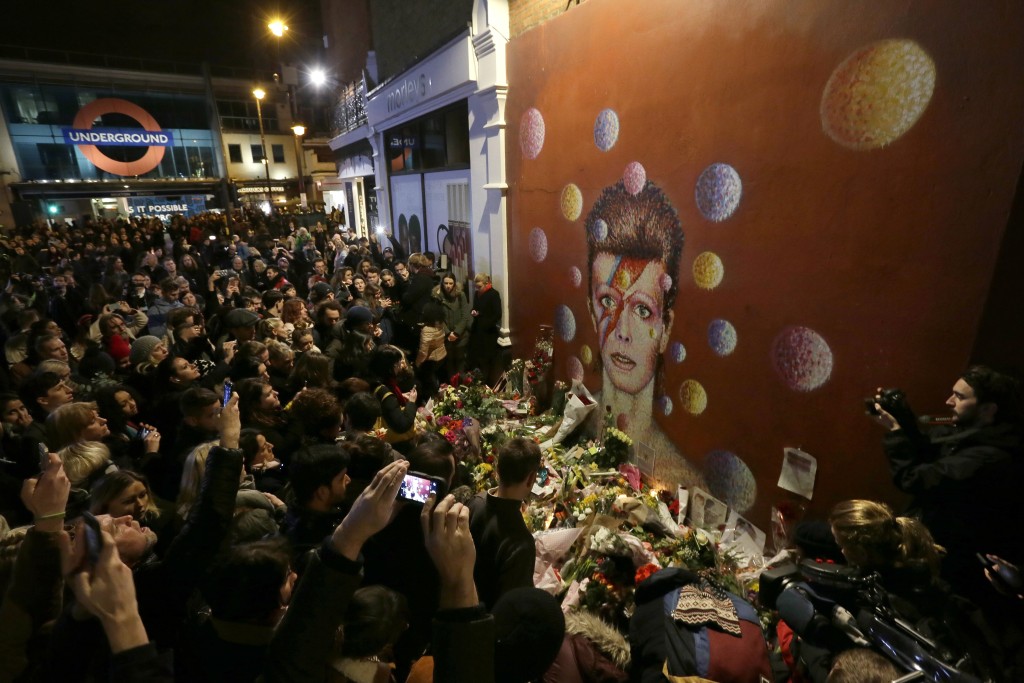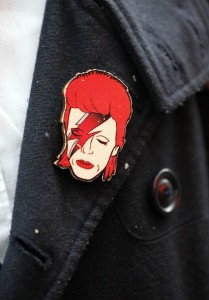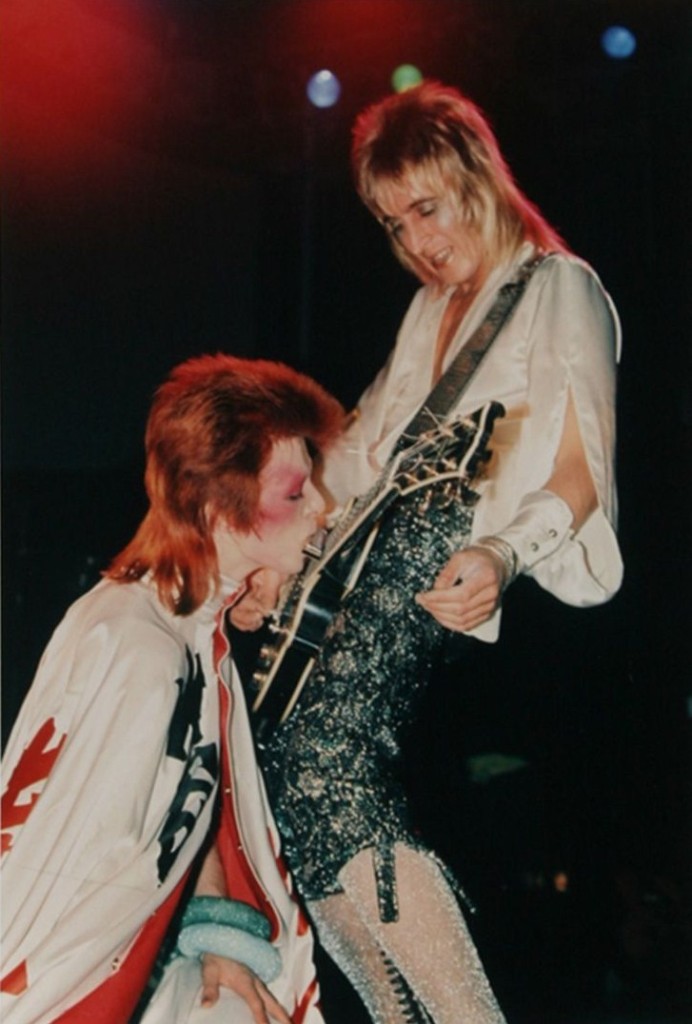Cultural heavyweight, androgynous icon: David Bowie passes away aged 69
“Look up here, I’m in heaven,
I’ve got scars that can’t be seen…”
So begins the last single of one of pop culture’s most iconic stars. An artist, rock star, fashion icon, actor… a trailblazer. An inspiration to outsiders and anyone who went against the grain.
A man who found out he was suffering from cancer and — in keeping with his recent approach to his personal and public lives — decided to keep it from the world. A man who decided to put the pain and fear of such a diagnosis into words, to work until the very end. The result is one of his most lyrically and musically challenging records of an incredible career, spanning more than five decades. Defiant until the end, it was a record that would be released just two days before he died, on his 69th birthday.
Nothing could sum up David Bowie’s artistry better. Even faced with his own death, likely a result of those years of chain-smoking 40-plus fags a day for over three decades and questionable diet choices (peppers, cocaine and milk anyone?), he still wanted to surprise us.
On the record, he almost winks at the listener in the closing song, singing “I know something’s wrong” in the beautiful “I Can’t Give Everything Away,” a song that now, like so many them, seems loaded with even more meaning.
David Bowie released his 25th (!) solo studio album just last week. Blackstar, stylized as ★, is a record dripping with claustrophobia, density, darkness and mystery. It includes squealing saxophone solos and the sound of a stonking modern jazz trio ripping up a recording room. A nice full-circle for a man whose life changed when his half-brother introduced him to jazz. In 1961, aged 12, his mother bought him a plastic saxophone.
This record will take on a new heft given its fresh context, as will the nods to his past that pop up throughout 2013’s surprise comeback The Next Day and the two retrospectives that appeared in 2014 and 2015 (Nothing Has Changed and Five Years: 1969–1973).
“Fame, makes a man take things over,
Fame, lets him loose, hard to swallow.”
Fame
But despite the art, the hits, the undiscovered gems in his back catalogue, the image changes and the reinventions, what should not be forgotten is just how much Bowie changed popular culture.
Indulge me for a moment, if you will. A few years ago, while in London on vacation, I went to an exhibition at the V&A museum. David Bowie Is… was a masterful display of curation, fame and creation but it was also a powerful illustration of the pulling power that Bowie held. The queues were huge (as they were everywhere as it toured worldwide). It was sold out every day and thousands, from every background imaginable, wandered through halls just to look at things that he had worn, things he been inspired by and things he had created.
And as we jostled to stand in front of Ziggy’s leotard and the Thin White Duke’s suit and snapshots on our smartphones, it became clear to me that what we were looking at wasn’t just a character study of an artistic chameleon. It was also a story of change, of generations, one that spoke multitudes about not just Bowie, but our wider society.
“You’ve got your mother in a whirl,
She’s not sure if you’re a boy or a girl…”
Rebel rebel
Bowie was always ahead of the curve (or at least atop most of them). The word “legend” is often bandied around in pop culture, but with Bowie it applies. He did “legendary” things. Things that would be aped, appropriated, copied, parodied and ridiculed. He was one of those icons who was always news, who always captured attention. It’s impossible to sum it up concisely, but his creations often echoed through culture for years afterwards, not only in music.
Think of the cultural impact of Low, “Heroes,” Major Tom, or Aladdin Sane. And then there’s Ziggy. Ziggy is the first creation that’s quoted in the news articles.
For people my age, it’s hard to understand exactly the cultural significance of what he did in those years leading up to 1972, but dig a little and you’ll soon learn of two “legendary” moments from the Ziggy era that shook up Britain’s grayscale post-war reality.
One, Bowie’s somewhat calculated interview with Melody Maker in which he famously declared: “I’m gay and always have been, even when I was David Jones.”
The sentiment may not have been genuine, but such an declaration was momentous at the time for the LGBT movement. Homosexuality had only been decriminalized in England and Wales a few years earlier and here’s was one of Britain’s brightest pop stars, done up in his glam and glitter, shaking up the mainstream. He later went even further, telling Playboy he was bisexual at a time when many didn’t even know the meaning of the world.
The second dates from the days when Top of the Pops ruled British TV. Every Thursday, the nation’s children would eagerly gather in front of the box, devouring the latest top 40. Often the whole family would watch together.
No TOTP moment is remembered more vividly in Britain’s collective conscience (and none replayed more so on the reruns) than when Bowie, clad head to toe in the ensemble of an androgynous alien rock star, camped his way across the screens of 15 million people singing “Starman,” ripping off Judy Garland and homoerotically hugging his bandmates, staring into their eyes and flirting with the camera.
It was controversial, it was dangerous, it was in your face, and it was a watershed moment for many struggling with their sexuality — a glance at the tributes on websites across the world today will confirm that.
The outrage was palpable. The BBC fielded complaints and the press went beserk. Now in hindsight, we can look back and wonder what the fuss was all about. Years later, Bowie called his coming out a “mistake” in an interview. But for countless others, that “mistake” had broken a taboo, pushing outsiders firmly into the mainstream and telling those watching, you’re not alone.
@URLgoeshere
An edited version of this column was published in the Buenos Aires Herald, on Tuesday, January 12, 2016.
Link: http://www.buenosairesherald.com/article/206541/bowie-the-man-who-changed-the-world.




